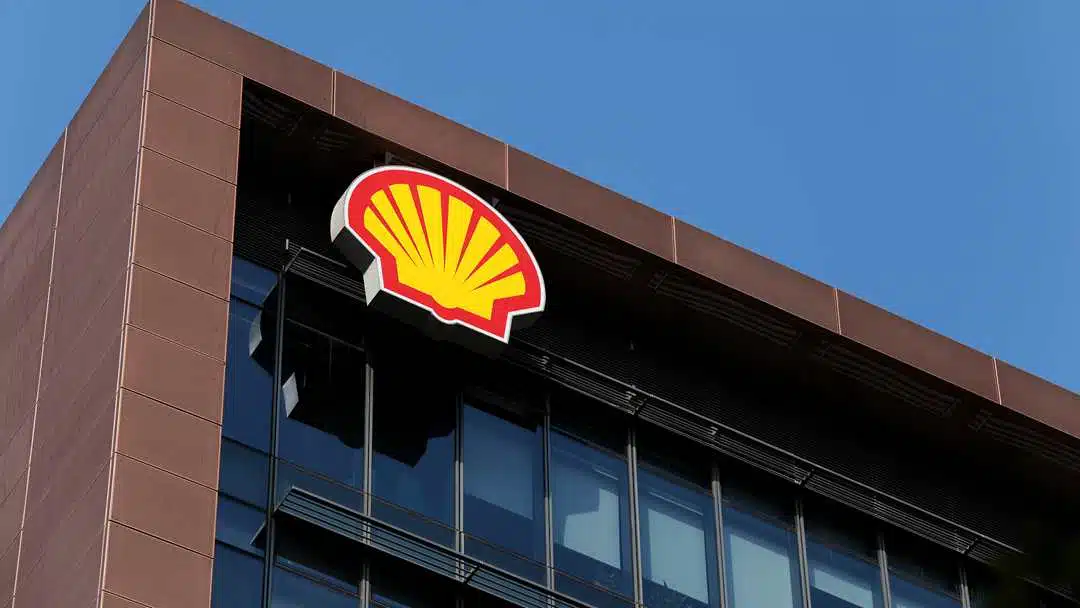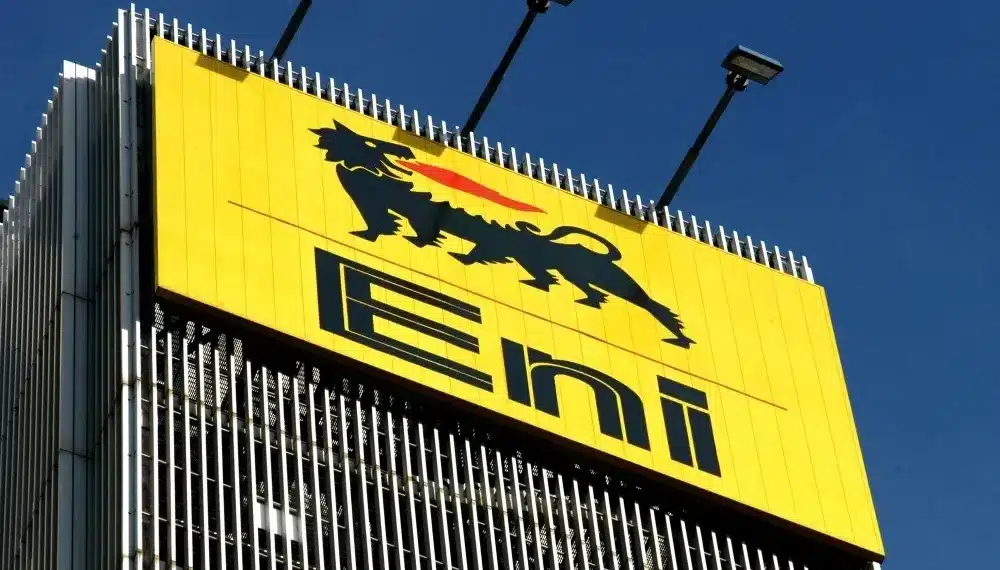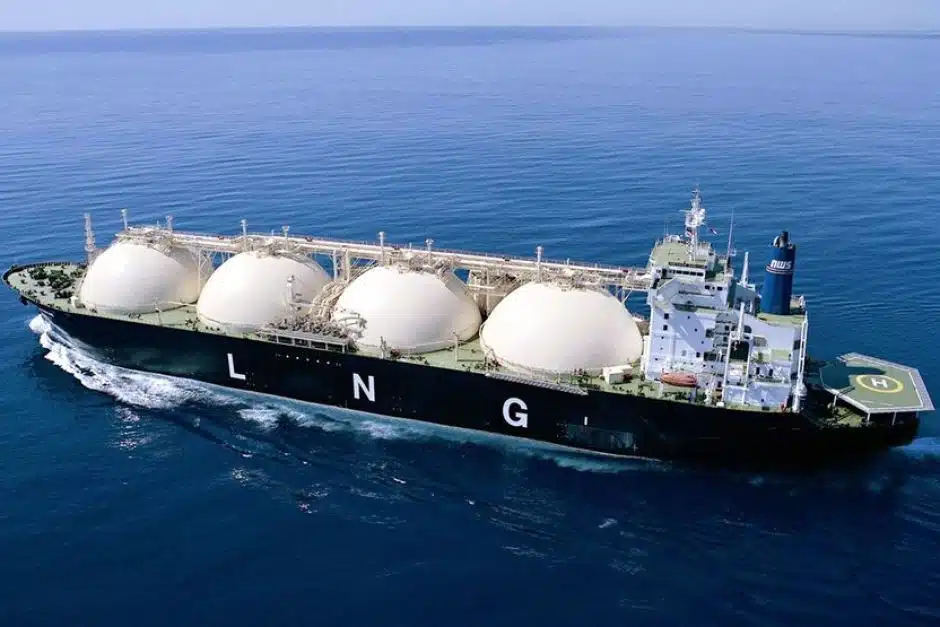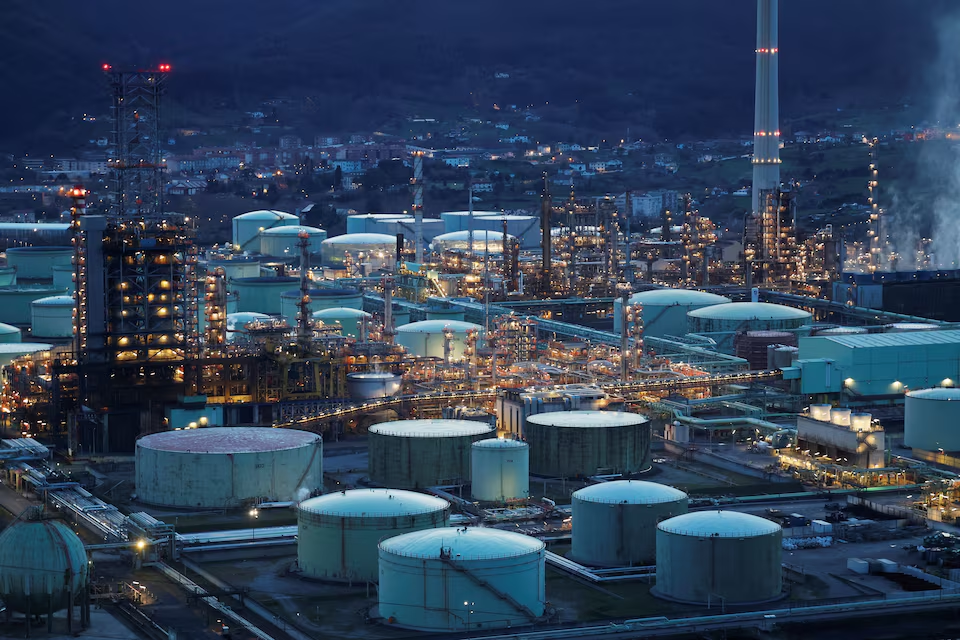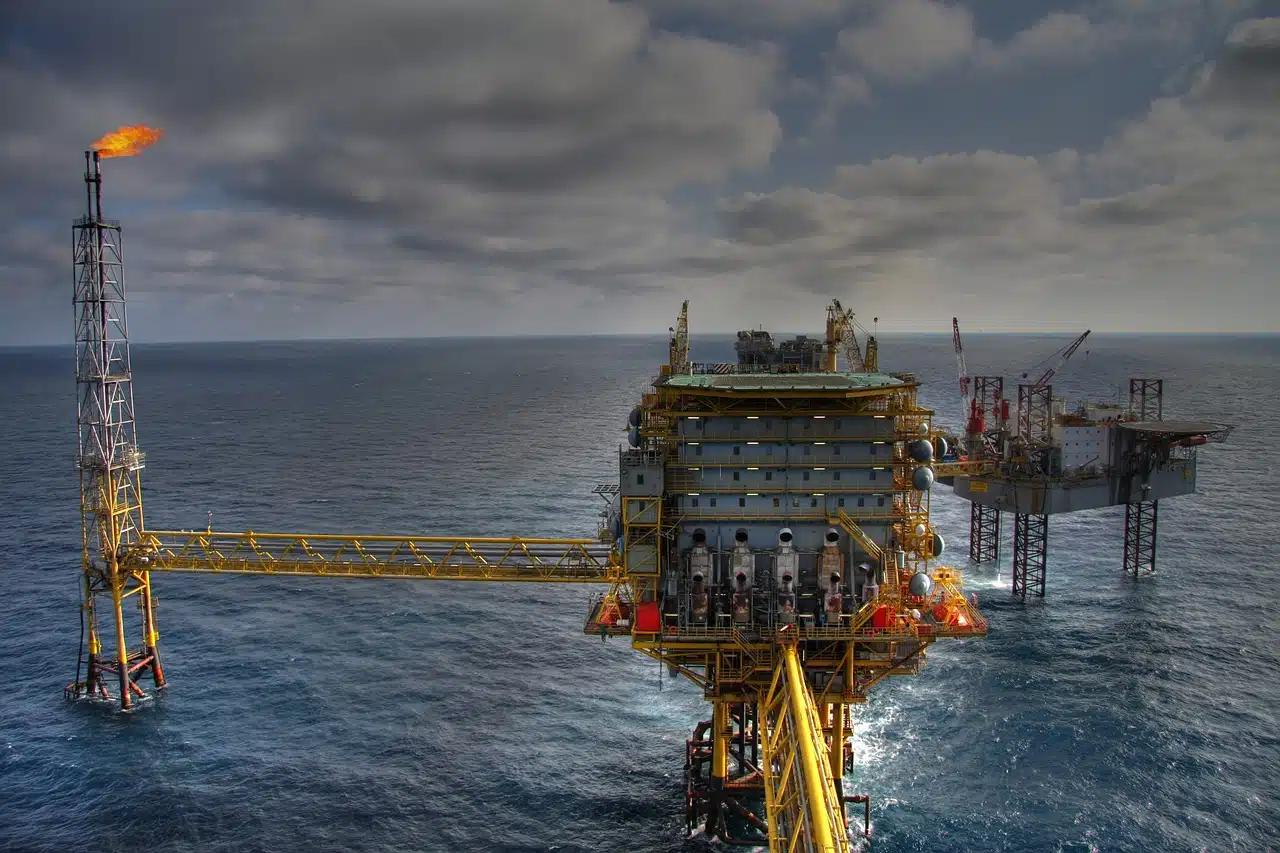After nearly seven decades of operations, Europe’s largest oil and gas firm, Shell, has finalized its exit from Nigeria’s onshore oil sector.
The British multinational completed the sale of its subsidiary, Shell Petroleum Development Company of Nigeria Limited (SPDC), to Renaissance, a consortium comprising four Nigerian exploration and production firms and one international energy group.
The conclusion of the sale, valued at $2.4 billion, means that Renaissance now owns the entire (100%) equity holding in SPDC, with a 30% stake in the SPDC joint venture spanning several of its key assets in Nigeria.
In January 2024, Shell announced the sale of SPDC to Renaissance, a consortium of five companies comprising four exploration and production companies based in Nigeria and an international energy group.
The transaction initially faced regulatory roadblocks and a court injunction by Global Gas. However, on March 13, 2025, Shell revealed its onshore assets had been successfully transferred to Renaissance.
Following this transfer, Shell Petroleum Development Company of Nigeria Limited was renamed Renaissance Africa Energy Company Limited, after a sale and purchase agreement was signed by both parties.
The company’s spokesperson, Tony Okonedo, in a press release, confirmed this, saying: “Going forward, SPDC will be renamed as Renaissance Africa Energy Company Limited.”
Reacting to the acquisition, Tony Attah, Managing Director/CEO of Renaissance, hailed the Nigerian government for approving Shell’s acquisition.
“We are extremely proud to have completed this strategic acquisition. The Renaissance’s vision is to be Africa’s leading oil and gas company, enabling energy security and industrialisation in a sustainable manner.
“We and our shareholder companies are therefore pleased that the federal government has given the green light for this milestone acquisition in line with the provisions of the Petroleum Industry Act,” Attah said.
However, it is important to emphasize that Shell, like its rival ExxonMobil, is not leaving Nigeria entirely.
The company says it will remain a major partner of the country’s energy sector through its Deep Water and Integrated Gas businesses.
This move aligns with a broader trend of Western energy companies, such as ExxonMobil, Eni, and Equinor, retreating from onshore operations in Nigeria due to environmental and human rights concerns.
Meanwhile, the Nigerian government is now negotiating with local communities to restart oil production in regions like Ogoniland, which have experienced significant environmental damage, largely caused by SPDC.
SPDC is the largest subsidiary of Shell in Nigeria and was responsible for the country’s first commercial oil exports in 1958.
Despite its onshore divestment, Shell continues its offshore operations in Nigeria.
In December 2024, the company made a final investment decision on the Bonga North deep-water project, expected to sustain oil and gas production at the Bonga facility.
This project involves drilling 16 wells and is projected to produce over 300 million barrels of oil equivalent, with peak production reaching 110,000 barrels per day.
Shell’s exit from Nigeria’s onshore sector marks the end of an era, reflecting the evolving dynamics of the global energy industry and the increasing role of local companies in the country’s oil and gas sector.

